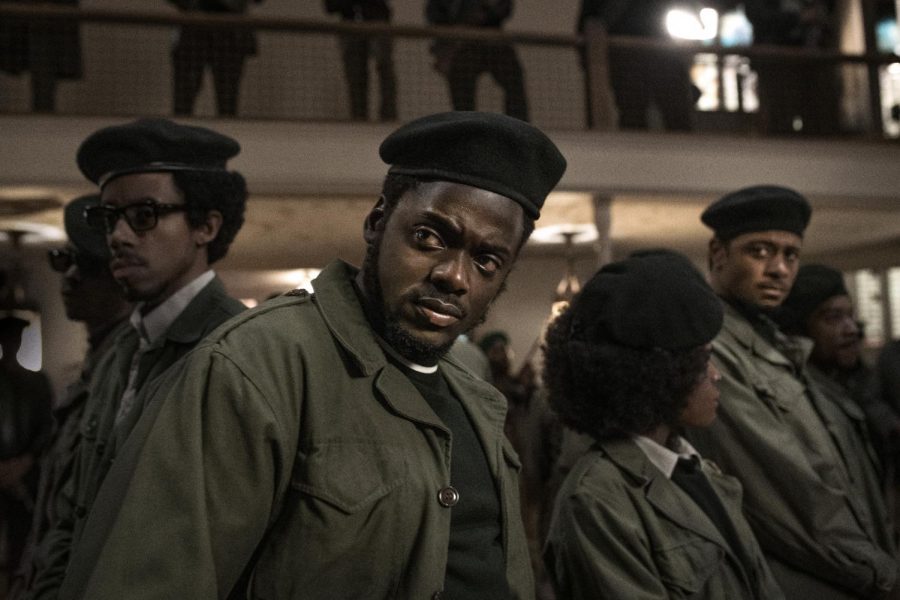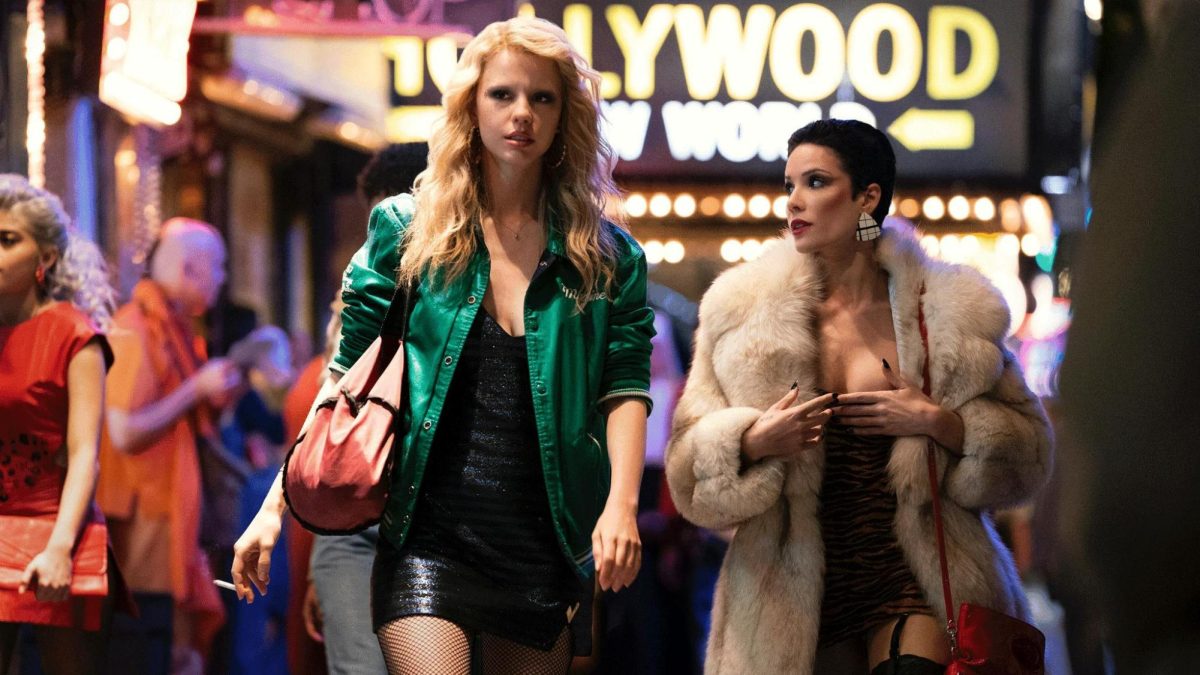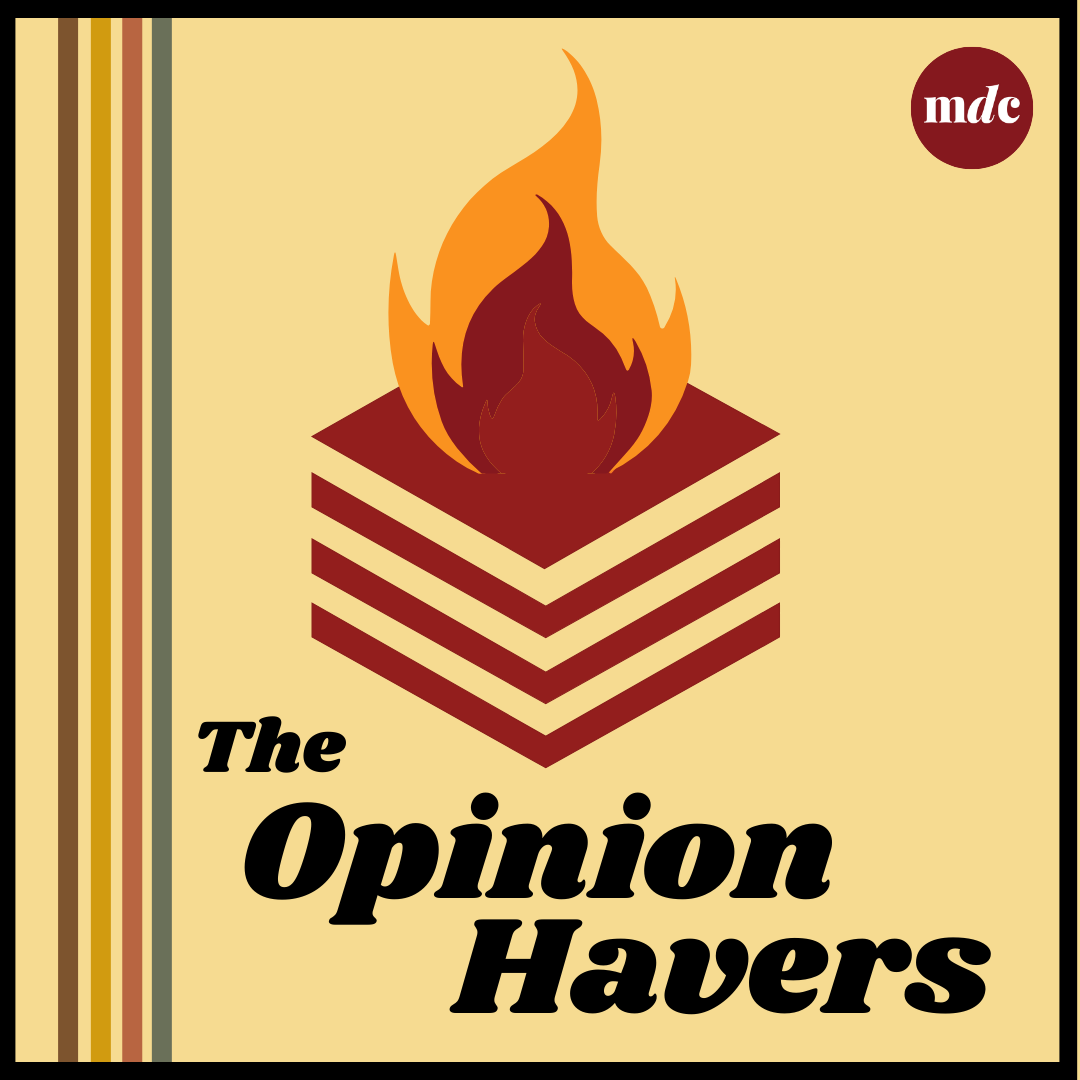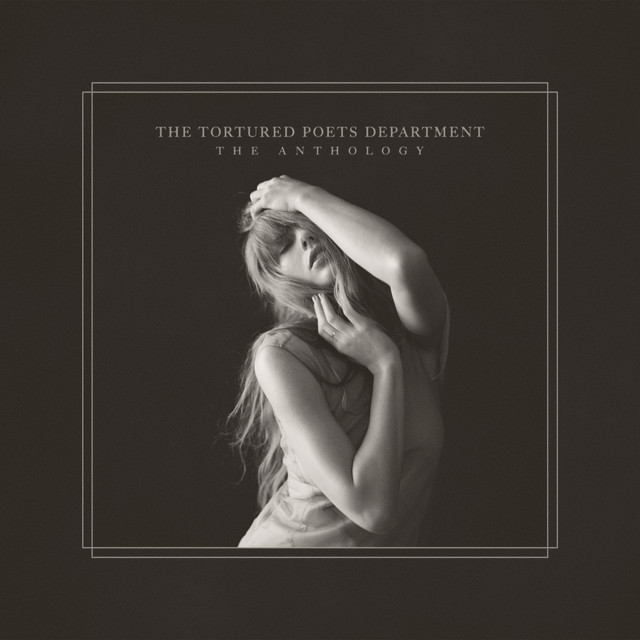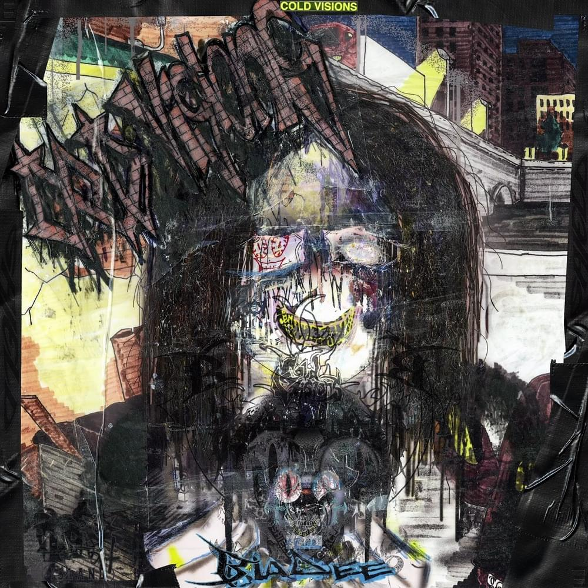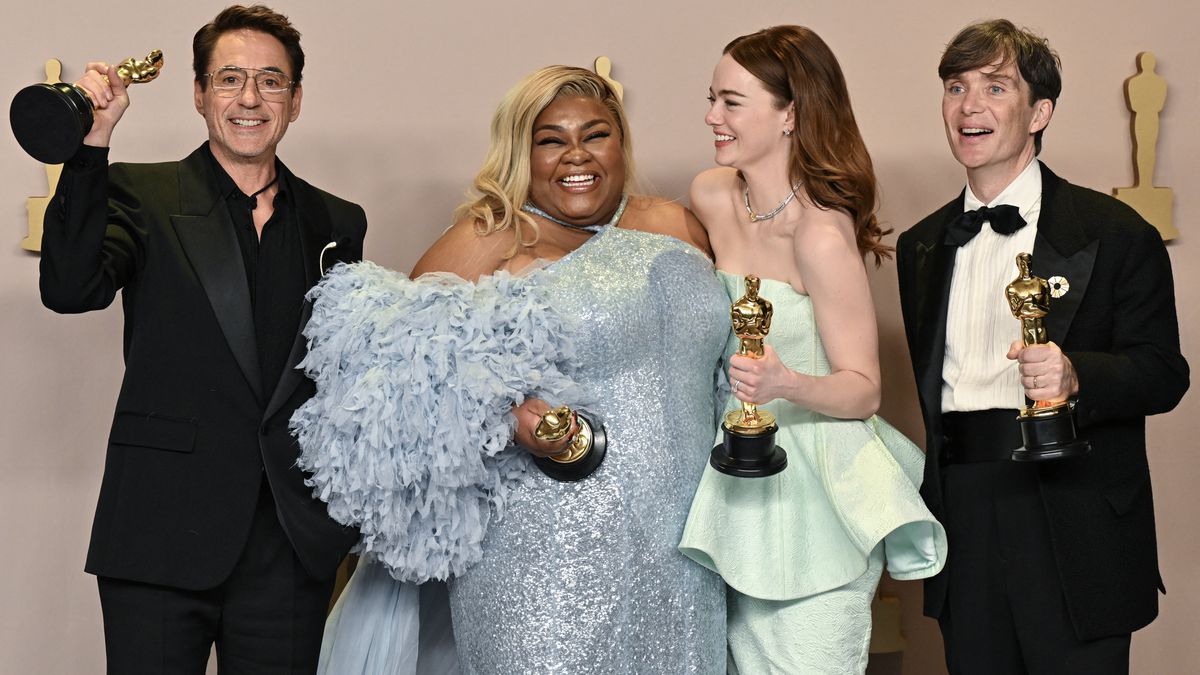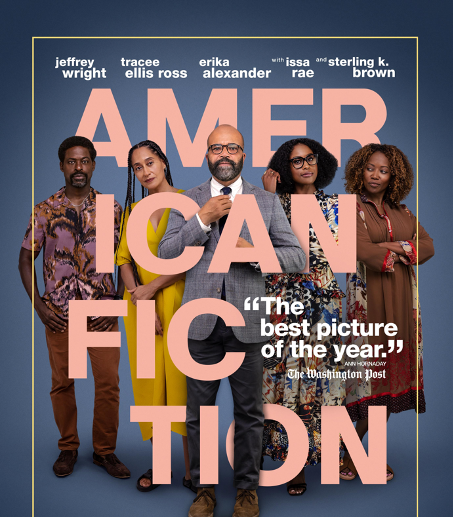“Judas and the Black Messiah,” a new film directed by Shaka King, is set in the late 1960s and tells the story of Fred Hampton (Daniel Kaluuya), the leader of the Illinois chapter of the Black Panther Party, and the FBI’s efforts to destroy the political organization.
The story is told through the perspective of William O’Neal (LaKeith Stanfield), an FBI informant paid to spy on the Black Panthers. While the entire film is great, the two main performances by Stanfield and Kaluuya stand out as the highlights of the film.
Stanfield is phenomenal as FBI informant William O’Neal. Despite the posters putting Kaluuya’s name and face front and center, Stanfield’s character really is the lead of the film. O’Neal starts the film pretending to be an FBI agent as a con to steal from people. In exchange for charges being dropped, O’Neal agrees to become an FBI informant who spies on the Black Panther Party.
O’Neal joins the party and climbs the ranks. This sparks an internal struggle for his character and provides a lens through which the film examines power. Stanfield’s incredible performance is full of suppressed emotional turmoil, as made evident in the scene where O’Neal and other members of the Black Panthers talk about an informant that was discovered, killed and tortured. Stanfield expertly portrays O’Neal’s fear of that happening to him, as well as the informant trying to act cool and happy about the other informant being killed. Many actors in this situation would try to nail the emotions of a person who genuinely wanted the other informant dead and would have loved to torture him himself. Stanfield, though, knows that his character isn’t as good an actor as him.
Kaluuya is also great in his role as Hampton. In the first half of the film, Kaluuya is charismatic and passionate in the role. You can feel that passion and charisma in his speeches and how he convinces local groups to join with the Black Panthers. In the first half of the film, the audience sees his character only through the perspective of O’Neal, but in the second half of the film, the audience sees more scenes of Hampton outside that perspective, notably when Hampton is imprisoned and has to deal with his relationship with Deborah Johnson, played by Dominique Fishback. While Stanfield and Kaluuya’s performances are rightfully getting a lot of attention and acclaim, Fishback is excellent in her scenes as well.
Jesse Plemons plays FBI agent Roy Mitchell, who is in charge of O’Neal and keeps in contact with him. The inner workings of Mitchell as a character are revealed to O’Neal using various forms of the line, “I’m not racist but…’. His character does what the FBI did in real life, trying to portray the Black Panthers as somehow equivalent to the KKK. Martin Sheen in heavy prosthetics plays J. Edgar Hoover, who claims the Black Panther Party is the biggest threat to the United States.
The film is incredibly well-paced, expertly moving back and forth between the stories of O’Neal and Hampton. With the exception of perhaps one scene, you don’t feel like the film is ever wasting screen time. While the film has some documentary footage that bookends the story for historical context, it avoids pretty much all the other common cliches you see from historical films and biopics. The film feels emotionally and thematically relevant and impactful.
On a technical level, the film is great as well. The cinematography is terrific both in dialogue scenes, and during intense shootouts. In particular, there are several great tracking shots focused on O’Neal. The score throughout the film stands out as well.
Aside from the film’s cinematic excellence, it sheds light onto an important part of American history — many people may have not learned about the assassination of Hampton in history class. The themes of the film, about power and revisionist history, are perhaps just as relevant today as they were back then. Those in power still abuse that power, just as the FBI and police in the film do. People in power still try to paint those fighting for civil rights as dangers to America. The victims of police violence are still treated worse than the police committing the violence.
In addition to the masterful filmmaking, “Judas and the Black Messiah” is an incredibly timely, must-watch film.
The film is available in theaters and on HBO Max.
Scott Lerer can be reached at [email protected].

